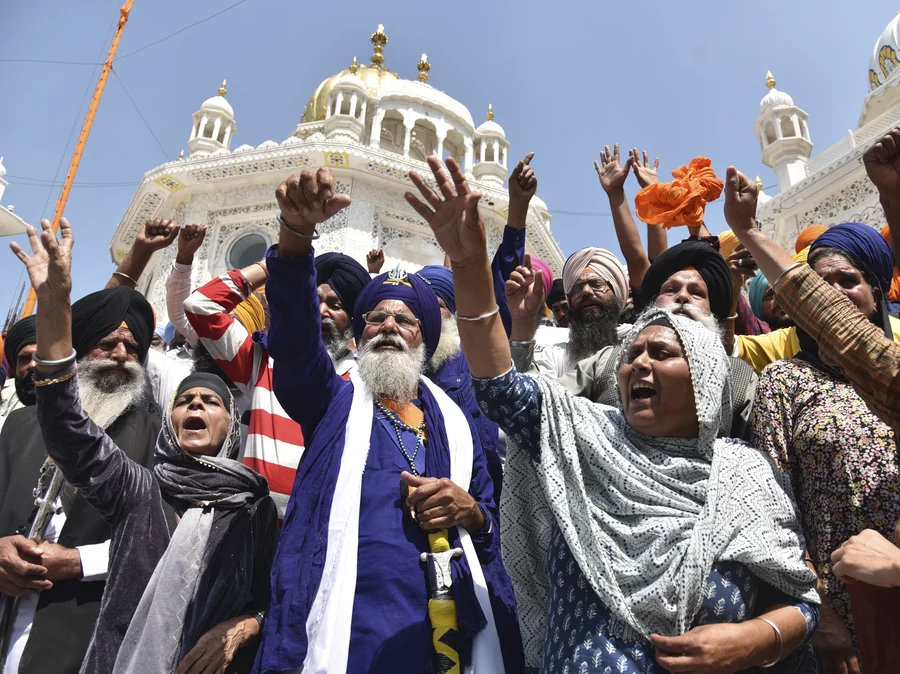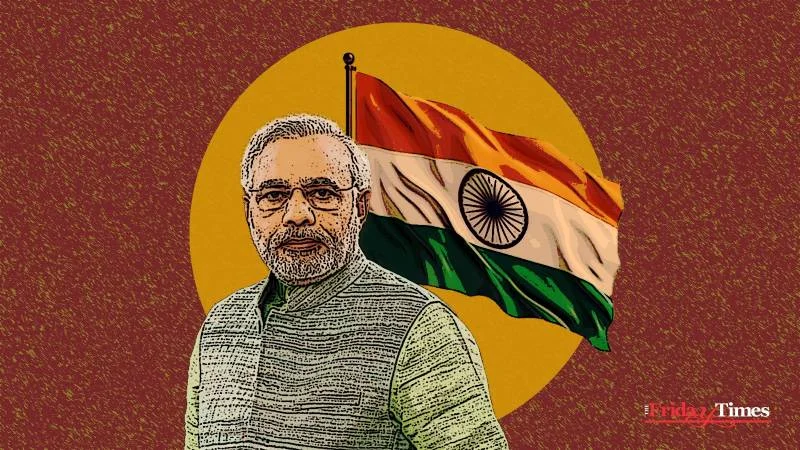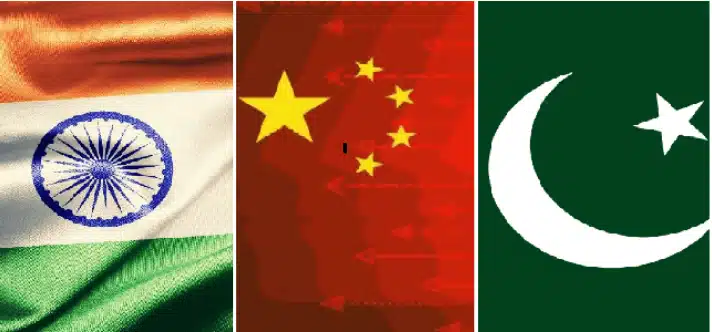India: The Pulwama Revelations

In addition to triggering a series of events that continue to have an impact on the region, the 2019 Pulwama attack also sparked persistent concerns about Indian state complicity, some of which have only recently come to light.
India: The Increasing Violence Against Sikhs

The concentrated Sikh minority in Punjab, particularly its WPD adherents and other Sikhs who have faced severe persecution over the years, is more vulnerable to state violence. Recent actions have sparked outrage in the community, both in India and abroad.
China: Leading the Asian Century

If recent events in Asia are any indicator, China, Russia, and India are anticipated to showcase their interests, challenge the existing world order, and explore strategic alliances in order to shape the evolving multipolar global environment.
Muslims and Hindus: The Holy Grail

Hinduism and Islam have coexisted for millennia since Islam arrived in South Asia. This relationship has been sporadic, with periods of both peace and conflict. The need for unbiased historical pattern analysis, though, cannot be overstated.
India Under the BJP: A Reign of Bigotry

Ever since the Bharatiya Janata Party (BJP) came to power in India, Muslim minorities in particular have been compelled to endure life as second-class citizens in what is referred to as the largest democracy in the world.
India: The Fault Lines of Separatism

The ongoing search for Amritpal Singh and recent communal violence against Muslims provoke a broader discussion about the role of religion in contemporary Indian politics and the extent to which it has fueled separatism in the country.
Terrorism in Pakistan: The Indo-Iran Nexus

In addition to the local factors that have contributed to the emergence of various terrorist groups in Pakistan, the evidence of foreign influence, particularly from India and Iran, is too substantial to be dismissed.
Afghanistan: The Four-Pronged Saga
![Afghanistan tragedy is to have been plagued by wars and conflicts for 40 years, and its prospects for peace depend on the great powers. [Image via SAT Creatives]](https://southasiatimes.org/wp-content/uploads/2023/03/The-Geopolitical-Chessboard-1024x1024.webp)
Afghanistan, like a lock, can isolate Central, South, and West Asia from one another. If viewed positively, it can open the door to cooperation. These prospects are contingent on the China-India-Pakistan triangle serving as a major regional fault line.
Central to South Asia: Regional Is Global

China\’s ambitious revitalization of the ancient Silk Road is a grand strategy with a trickle-down effect, reminding low-income nations in the region of their significance as pivots and the necessity of establishing connectivity along geographical, cultural, and historical proximities
Pakistan and the Changing Strategic Milieu

Pakistan\’s geographic location, strategic capability, closeness to China, relations with regional countries and the US, and, most importantly, animosity towards India, have made the US Indo-Pacific strategy and its arrangements of interest to it.
